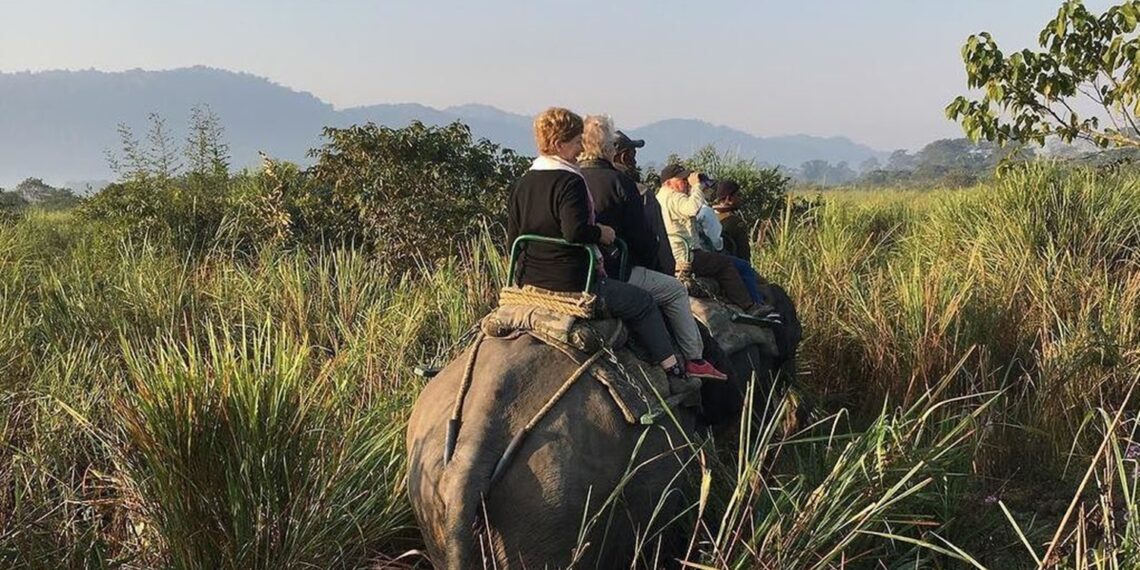GUWAHATI: Jeep and elephant safaris in Kaziranga National Park are temporarily suspended for two days beginning today to carryout estimation of elephants inhabiting the region.
A part of the Centre’s ongoing Elephant Estimation 2024 exercise, the counting of the elephants has been on since February 20 and is expected to conclude by tomorrow.
As a part of the Elephant Estimation 2024 exercise, the Centre and the state government have been undertaking various events across the region aimed at conservation and reducing human-elephant conflicts across the region.
Meanwhile, Indian researchers have explored how pollen and non-pollen palynomorphs (NPPs) of the national park can help in the interpretation of climate in the region.
Researchers from the Birbal Sahni Institute of Palaeosciences (BSIP), under the Department of Science and Technology (DST), have been exploring the role of pollen and NPPs in understanding the climate in Kaziranga National Park.
The study’s findings hold promise for better understanding the effects of climate change on biodiversity loss in national parks.
By identifying marker pollen taxa associated with different vegetation and land-use types in Kaziranga, researchers aim to provide valuable insights for conservation efforts and wildlife management agencies.
This research, published in the journal Holocene, marks a significant step in developing a modern analogue dataset based on pollen and NPPs from various vegetation settings across the park.
The research is the first holistic approach towards developing modern pollen and NPP analogue that would be an accurate reference tool for past herbivory and ecological studies in the tropical region of Northeast.















